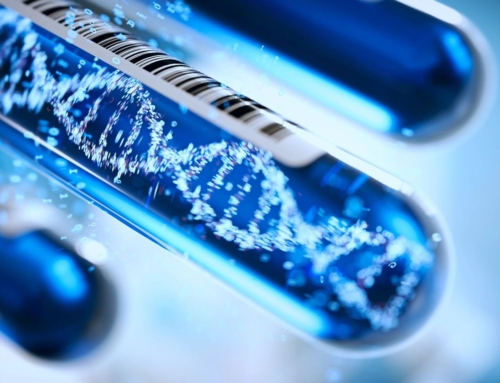Written by Lydia Storm
As the holiday season approaches, we often find ourselves searching for the perfect gifts, and thoughtful, personal, and impactful presents for those we love most. With sales and discounts everywhere, it’s easy to get swept up in trendy and unique gift ideas. One popular choice in recent years has been direct-to-consumer (DTC) genetic testing kits, offered by companies like 23andMe, Nebula Genomics, and Ancestry.com. These kits promise fun discoveries about ancestry, health traits, and more. While they may seem exciting, gifting a genetic test comes with its own set of complexities and potential challenges.
The Appeal of DTC Genetic Testing Kits
At first glance, DTC genetic tests seem like the perfect gift. For ancestry-focused kits, they offer insights into family history and potential connections to specific regions or countries. Some tests also dive into traits like taste preferences, athletic predispositions, or even quirky characteristics like whether you’re more likely to have a widow’s peak.
For many, these revelations feel like a fun way to learn something new about themselves or their family. And for those seeking to empower loved ones with insights about their health, certain kits even provide limited information about genetic predispositions to common conditions like lactose intolerance or certain hereditary cancers. However, what often goes unconsidered are the unexpected, life-altering revelations that these kits may uncover.
Potential Downsides: Beyond Fun and Curiosity
While the idea of gifting a genetic test seems harmless, it’s important to consider some of the risks and challenges:
- Unexpected Family Revelations: DTC genetic tests can reveal discrepancies in familial relationships, such as discovering that a presumed parent is not a biological parent (a concept known as non-paternity events). These revelations can cause emotional distress and lead to family conflict, potentially reshaping an individual’s sense of identity.
- Limited Context for Health Results: Some DTC genetic tests report on health-related genetic variants, including those in genes like BRCA1 and BRCA2 or the Lynch syndrome genes, which are associated with hereditary breast, ovarian, and colon cancer, respectively. However, these tests often provide limited information, testing only a few common variants rather than conducting a comprehensive analysis.
- Psychological and Ethical Considerations: The results of genetic tests, even for seemingly innocuous traits, can have profound psychological impacts. Discovering a genetic predisposition to a serious health condition, such as Alzheimer’s disease, can be overwhelming, especially if the recipient is unprepared for such information. Moreover, ethical concerns arise when recipients are unaware of the limitations or potential risks of these tests.
Clinical Genetic Testing vs. DTC Kits
In the medical genetics field, genetic testing is a carefully regulated process that involves several critical steps:
- Indication for Testing: Clinical genetic testing is typically ordered when there is a medical indication, such as a personal or family history of a genetic condition. This ensures that testing is medically necessary and relevant.
- Pretest Counseling: Before testing, genetic counselors provide pretest counseling to discuss the purpose of the test, the potential results, and their implications. This step helps individuals understand what to expect and prepares them psychologically for different outcomes.
- Post-Test Support: Once results are received, post-test counseling is often necessary to interpret the findings accurately and address any emotional or psychological impacts. For example, a positive result for a hereditary cancer syndrome may lead to further testing, medical interventions, or lifestyle changes.
The Role of Genetic Counselors
Genetic counselors play a vital role in the genetic testing process.
- They help determine whether testing is appropriate based on an individual’s medical and family history.
- Provide education on the limitations, risks, and potential benefits of genetic testing.
- Deliver results in a clear and compassionate manner, ensuring individuals understand their implications.
- Offer support and resources to help individuals cope with and act on their results.
These steps are often missing in the DTC testing process, leaving consumers to navigate complex and sensitive information on their own.
Should You Gift a DTC Genetic Test?
Ultimately, gifting a genetic test requires careful thought. While DTC tests can provide fun or interesting insights, they also carry the potential for unexpected and significant consequences. It’s important to consider whether the recipient is prepared for the possible outcomes and has access to the support they may need. If you’re considering gifting a DTC genetic test, take these steps:
- Research the test thoroughly, understanding its limitations and scope.
- Discuss the potential risks with the recipient beforehand.
- Provide resources for genetic counseling or follow-up care if needed.
For those seeking a thoughtful, impactful gift, there may be better ways to show you care without the unintended risks of a genetic test.
Reach out to us if you have additional questions about these tests.







